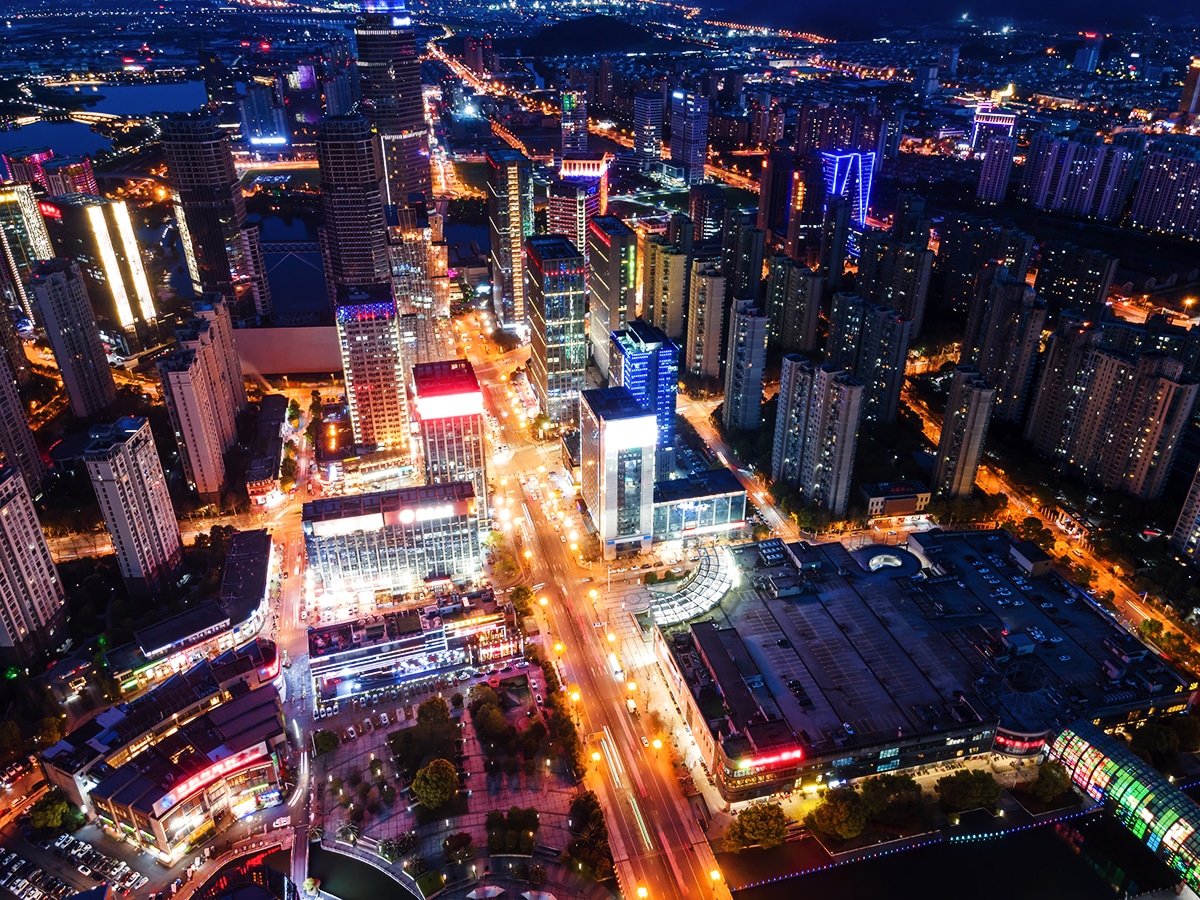Cities are transforming rapidly due to technological advancement, rapid urbanization, and population growth. Consequently, urban societies face several challenges, such as inadequate housing, pollution, transportation inadequacy, and energy demands. Cities and their citizens face numerous environmental, social, and economic challenges that require sustainable urban development solutions. In this article, we explore why sustainable urban development is essential, what it entails, and steps that cities can take to achieve sustainable urban development.
Why Sustainable Urban Development is Essential
The world’s population continues to grow, placing pressure on cities to provide adequate housing, infrastructure, and services to residents. Additionally, cities’ energy demands rise, leading to a rise in greenhouse gas emissions, which contribute to climate change. Thus, cities must prioritize sustainable urban development to create livable environments that promote environmental, social, and economic sustainability.
Environmental Sustainability
Cities consume massive amounts of energy, release greenhouse gases, and generate waste, leading to environmental degradation. Sustainable urban development prioritizes the environment’s protection by promoting eco-friendly infrastructure, renewable energy use, waste reduction, and sustainable transportation options. This reduces cities’ environmental footprint, minimizes pollution, and promotes conservation of natural resources.
Social Sustainability
Cities are a melting pot of communities with unique social dynamics, cultures, and languages. Sustainable urban development prioritizes social sustainability through the promotion of equitable social services, including healthcare, education, and housing. Additionally, sustainable urban development aims to promote social inclusion and reduce inequalities, creating livable environments that cater to the diverse needs of residents.
Economic Sustainability
Urban areas are vital economic hubs that offer business opportunities, job creation, and wealth creation potential. Sustainable urban development prioritizes economic sustainability through the creation of business-friendly environments, promoting job creation, and economic growth. Additionally, sustainable urban development prioritizes promoting income equality, which ensures that everyone in the city benefits from economic growth.
What is Sustainable Urban Development?
Sustainable urban development refers to creating cities that cater to the current and future needs of their residents while minimizing environmental impact. Sustainable urban development strategies prioritize social, economic, and environmental sustainability with the goal of creating livable, resilient, and equitable urban societies. Sustainable urban development strategies include:
Green Infrastructure
Green infrastructure refers to the use of natural elements to promote sustainability. This includes planting trees and using vegetation in urban landscapes, green roofs on buildings, and using rain gardens and greenways to manage water runoff.
Energy Efficiency
Energy efficiency refers to the promotion of energy-saving practices, energy-efficient equipment, and renewable energy sources such as wind and solar power.
Sustainable Transportation
Sustainable transportation refers to the use of public transport, cycling, walking, and carpooling instead of single-occupancy vehicles, reducing traffic congestion, and minimizing greenhouse gas emissions.
Waste Management
Waste management refers to the promotion of sustainable waste disposal practices to reduce pollution. This includes recycling, composting, and the proper disposal of hazardous waste.
The Role of Cities in Sustainable Urban Development
Cities are the driving force for sustainable urban development. They play a crucial role in creating livable urban societies by incorporating environmentally sustainable practices into their planning and development strategies. The following are ways that cities can promote sustainable urban development.
Promote Sustainable Housing
Cities must promote affordable and environmentally sustainable housing options. This involves promoting energy-efficient building designs, the use of renewable energy, and the incorporation of green spaces in urban housing development.
Promote Sustainable Transportation
Sustainable transportation options, such as public transport, cycling, and walking, reduce traffic congestion, improve air quality, and promote physical activity.
Promote Green Infrastructure
Green infrastructure promotes biodiversity, improves air quality, and reduces the urban heat island effect. Cities can promote green infrastructure by incorporating green roofs, rain gardens, urban forests, and green spaces into urban design.
Reduce Waste
Cities must prioritize waste reduction by promoting recycling, encouraging responsible consumer habits, and reducing waste generation through sustainable product design.
Challenges to Sustainable Urban Development
Despite the numerous benefits of sustainable urban development, several challenges hinder its implementation. These include:
Funding
Funding for sustainable urban development initiatives remains a significant challenge for many cities. Sustainable urban development often requires significant investment in new infrastructure, which may require subsidies or tax incentives to encourage private investment.
Politics
Political disagreements and bureaucracy can hinder sustainable urban development initiatives, leading to delays in implementation. Some politicians prioritize short-term political gains over long-term environmental, social, and economic sustainability. This makes it challenging to implement sustainable urban development strategies.
Limited Public Awareness
Limited public awareness of sustainable urban development strategies often makes it challenging to implement these strategies. Some citizens may resist change, making it difficult for cities to promote sustainable urban development.
Conclusion
Sustainable urban development is the route to a better future. Sustainable urban development prioritizes environmental, social, and economic sustainability in urban planning and development. Cities must prioritize sustainable urban development strategies to create livable environments that promote environmental conservation, social inclusion, and economic growth. To achieve this, cities must prioritize funding, create policies that encourage sustainable urban development, and promote public awareness of sustainable urban development.
